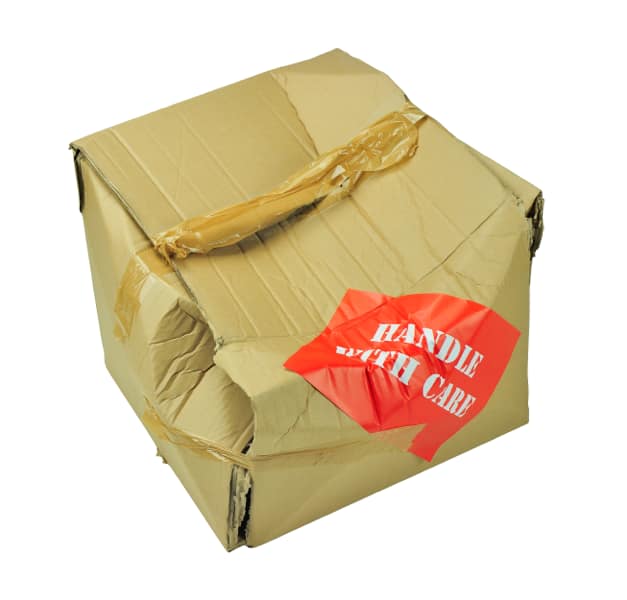Imagine for a moment that you received an invitation to birthday party from a lifelong friend. If it was someone you cared about deeply, you’d make every effort to attend and bring an appropriate gift.
In fact, you probably wouldn’t get just any gift for a close friend. You’d almost certainly take the time to consider something that was particularly meaningful. Regardless of its expense, you’d want them to know you were thinking specifically of them when it was opened.
Moreover, you’d either take the time to package it well yourself or ask someone else to wrap it up beautifully.
Let’s say you showed up for the party, and handed the gift to your friend. Almost certainly they would notice the beautiful appearance of the gift and, since you took the time to think about them when selecting the gift, you wouldn’t be surprised if they exclaimed how wonderful it was.
But you would be surprised if your friend suddenly threw the gift on the ground, and starting stomping on it, smashing it into several pieces. If fact, you may be so stunned that it could irrevocably harm your relationship.
Of course, I’ve never heard of something like this actually happening between two close friends. Virtually everybody shows good manners when receiving a gift and, even if they dislike the contents, will put on a smile and thank the giver for the thought. The mere suggestion of responding any other way seems completely inappropriate.
And yet, so many of us do exactly this when someone gives us the gift of praise. I’ve both made this error myself and seen clients and friends do this many times over the years. Does the below sound familiar to you too?
A well-meaning colleague, customer or friend takes a moment to give you some genuine praise for something you did well. Maybe the praise is well-deserved or maybe it’s not. Regardless, the next thing you say is:
Well, that’s nice of you to say, but it was really nothing…
Or perhaps…
Oh, it was just this one time that I did this…
Or even…
I’m really not deserving…
All of the above negate the gift of praise that the other party took the time to think of, package, and present to you in words. It’s not unlike stomping on a physical gift after accepting it.
If you believe the praise you receive from someone else is deserving, the appropriate response is:
Thank you.
Period.
If you believe the praise you receive from someone else is undeserving, the appropriate response is:
Thank you.
Period.
If you feel like the person giving you praise is only doing so in order to manipulate you in a complex game of organizational politics, the appropriate response is:
Thank you.
Period.
What you do later with the praise is up to you (just like when you receive a gift you don’t want) but the best way to accept praise in the moment is to simply thank the person who gave the gift, regardless of their skill, accuracy, or motive.
Commit this week to recognize the common words you tend to use to discount praise. Catch yourself in the moment the next time you hear them coming out. If you do, you’ll encourage relationships and organizations that value open and honest care for people.




